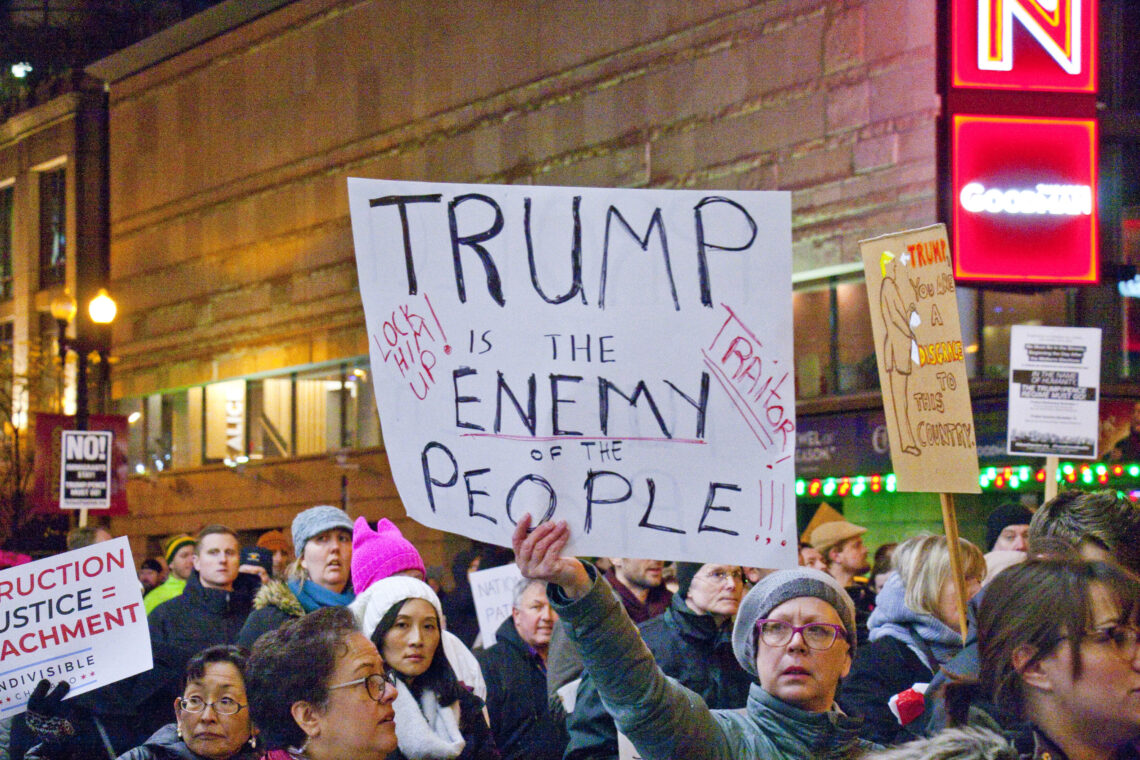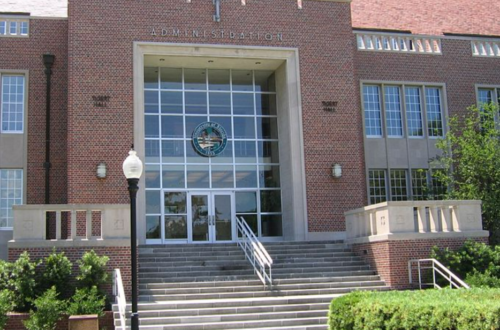The 2024 presidential election is here and many voters have noticed Former President Donald Trump’s absence from the GOP primary debates. This is the result of Trump’s entanglement in a multitude of court cases in different states.
Trump faces counts of election interference in Washington D.C. and Georgia, counts of hush money payments in New York, and counts of hoarding classified government documents and impeding the government’s attempts to obtain them in Florida. He is the first President to have been indicted on felony charges.
However, Trump has continued his presidential campaign for 2024 despite his indictment. Although this has enraged many Americans, Trump is currently leading in the GOP primary polls at around 66%.
One state in particular has decided to take matters into its own hands. At the end of 2023, Colorado’s Supreme Court ruled to remove Trump from their GOP primary ballot, stating that he violated section 3 of the 14th Amendment against insurrection.
They elaborated on their decision stating that Trump had incited an insurrection when his comments about the 2020 election led to an attack on the Capitol on January 6th, 2021. This decision has been stayed until the United States Supreme Court can rule on it.
The Trump campaign fears that other states will follow Colorado’s lead, resulting in a hindrance to his presidential run. While the constitutional validity of such a ruling is questionable, it is a testament to the reaction the public is having to Trump’s attempt at reelection.
Many political scientists quote Trump as being a populist leader in America and cite his participation in inciting the attack on the capitol as evidence of such a claim. This idea provides an explanation as to why he would be leading in the polls. Now, this begs the question: what is populism and how does Trump utilize it?
James Fahey, an Associate Professor at the University of North Florida whose research focuses on populism in American politics, describes populism as a “discourse that divides the world into corrupt elites and the valorized people” and that these two sides are in a “zero-sum competition with one another”.
Fahey said that populists claim themselves to be “the voice of the people”. As is the case with Trump, he called the 2020 election illegitimate because he did not win, when in fact there was no fraud.
In relation to Trump’s indictments, Fahey said “you already see him claiming that these indictments (plural) are a witch hunt designed to take him down. This happens in other countries often, where a populist will claim that any attempt to stop him/her (such as by bringing cases against them, impeaching them/removing them from office, etc.) are just another example of how the establishment is out to get them.”
Overall, populism breeds fear and conspiratorial thinking and can be increasingly dangerous. Regardless of whether the Colorado ruling is struck down by the Supreme Court, it brings up the discussion of political leaders using their platforms to spread messages that are false and instigating fear and violence within society just to get ahead.
How stable the American democracy truly is if in most states felons are not allowed to vote, but it is possible that a man indicted on felony charges could assume power in the Oval Office? This future is becoming ever more real as GOP candidate Ron DeSantis dropped out of the primary race and he was seen as the only viable competitor for the former President.
Ultimately, America is facing an unprecedented election in 2024. It is one filled with felony charges, populism, and Supreme Court cases that could change, not only the outcome of the next presidential election but the outcome of the country’s democracy as a whole.
Check out other recent articles from the Florida Political Review here.





